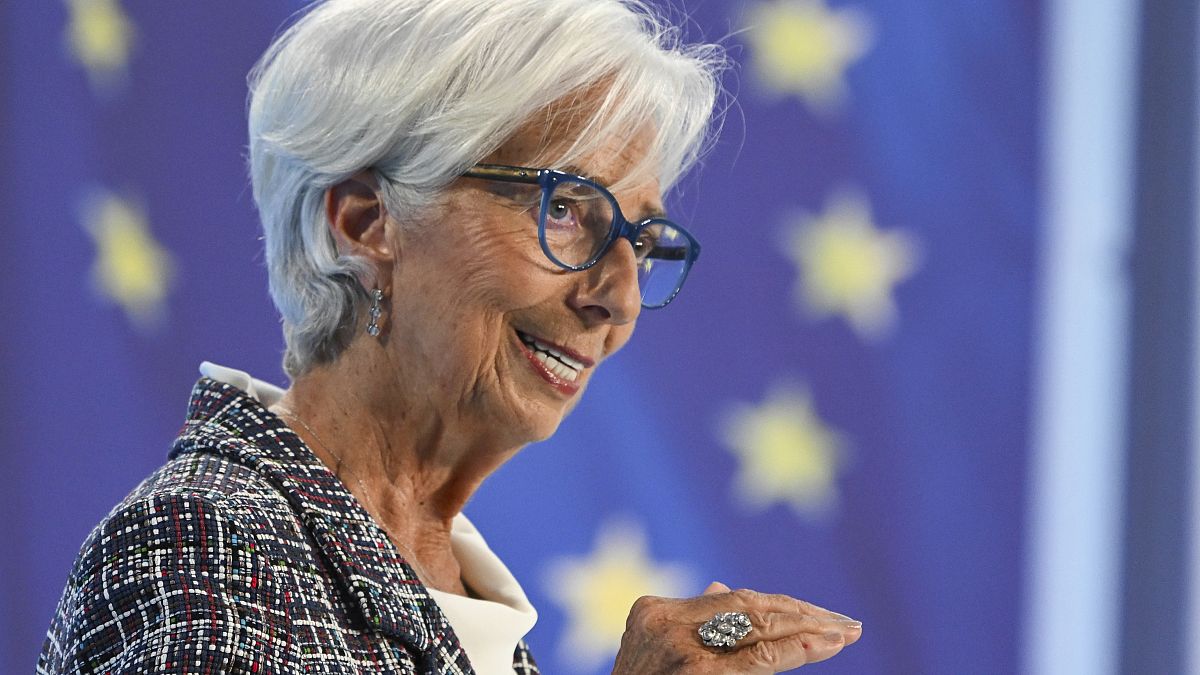Germany’s inflation rate increased to 2.2% in November 2023, coming in below analyst expectations, while signaling a notable 0.2% month-over-month decline that points to disinflation in the economy. Core inflation reached 3.0%, marking its highest level since May. In response, Bund yields dropped to 2.14%, the DAX index climbed 0.5%, and the euro experienced slight depreciation.
According to the Federal Statistical Office, consumer prices in Germany rose by 2.2% compared to last year, up from 2.0% in October. However, this figure was slightly below the anticipated 2.3%. On a month-over-month basis, the consumer price index (CPI) decreased by 0.2%, representing the most significant monthly drop since November 2023.
Energy prices continued to weigh down the consumer basket, decreasing by 3.7% year-on-year in November. This decline was less pronounced than the 5.5% drop recorded in October. Conversely, service costs exerted upward pressure, maintaining a steady inflation rate of 4% year-on-year.
Core inflation, which excludes the more volatile food and energy sectors, rose to 3.0% in November, up from 2.9% in October, marking its highest point since May. The Harmonised Index of Consumer Prices (HICP) remained stable at 2.4% year-on-year, falling short of the expected increase to 2.6%. Furthermore, the monthly HICP data reflected a sharp decline of 0.7%, the steepest contraction in the harmonised consumer prices in Germany in the last year, surpassing the anticipated 0.5% drop.
Market Reactions
The recent inflation data from Germany had minimal impact on financial markets, which remained subdued due to the U.S. markets being closed for the Thanksgiving holiday. Bund yields saw a slight decrease of 2 basis points to 2.14%, marking their longest downtrend in six sessions and hitting levels not seen since early October 2023. Investors have turned to safe-haven German government bonds, spurred by concerns about economic slowdowns and potential disruptions from U.S. tariffs.
The DAX index rebounded with a 0.5% gain, snapping a two-day losing streak. Notable contributors to the DAX’s performance included Airbus (+3.6%), Daimler Truck Holding AG (+2.6%), and RWE (+2.1%). On the downside, Fresenius Medical Care (-1.9%) and Symrise (-1.1%) saw the most significant declines.
The Euro Stoxx 50 index also reported a 0.5% increase, buoyed by strong performances from ASML Holding N.V. (+3.1%) and various European banks, including Banco Sabadell (+1.2%), ING Groep (+1.1%), and Deutsche Bank (+1%).
Photo credit & article inspired by: Euronews



